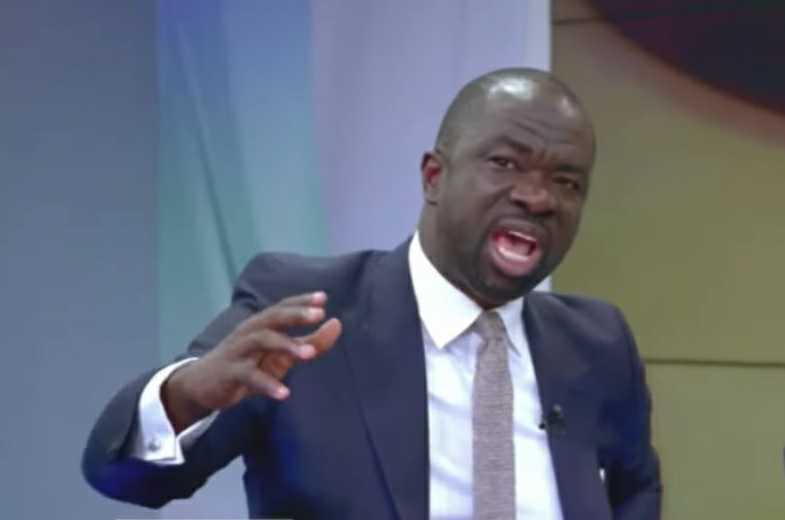The dismissal of Chief Justice Gertrude Torkonu by President John Dramani Mahama has sparked controversy and raised concerns about due process and fairness. Nana Agyei Baffour, Member of Parliament for Manhyia South, has criticized the President’s decision, characterizing it as hasty and ill-considered. He argues that the President should have exercised greater prudence and allowed for a more thorough investigation into all petitions filed against the Chief Justice before taking such decisive action. The MP’s contention is that relying on a single report, while other petitions remained unaddressed, creates an impression of bias and undermines the principles of natural justice. This perceived rush to judgment raises questions about the motivations behind the dismissal and casts doubt on the overall transparency of the process.
Central to the controversy is the question of due process. Baffour emphasizes the importance of allowing sufficient time for a comprehensive investigation, enabling all parties involved to present their cases and ensuring that all relevant information is considered. He argues that a rushed process deprives the accused of a fair hearing and potentially leads to unjust outcomes. Relying on a single petition, while others remain pending, raises concerns about selective application of justice and the potential for political influence. The MP’s critique highlights the importance of adhering to established procedures and ensuring that decisions are based on a complete and unbiased assessment of the facts.
The perceived haste in the dismissal of Chief Justice Torkonu also raises questions about the independence of the judiciary. A swift and seemingly perfunctory process could be interpreted as an attempt by the executive branch to exert undue influence over the judicial branch. Such actions can undermine public trust in the impartiality of the justice system and create an environment of fear and uncertainty. Maintaining the separation of powers is crucial for a functioning democracy, and any action that appears to blur the lines between these branches of government should be subject to careful scrutiny.
The controversy surrounding the Chief Justice’s dismissal also has broader implications for Ghana’s democratic governance. Transparency, accountability, and due process are fundamental pillars of a healthy democracy. When these principles are perceived to be compromised, it erodes public trust in institutions and can lead to instability. The swift action taken against a high-ranking judicial official without a comprehensive investigation raises concerns about the government’s commitment to these core democratic values.
Furthermore, the manner in which the dismissal was handled can set a potentially damaging precedent. If such actions are perceived to be politically motivated or lacking in due process, it could embolden future executives to take similar shortcuts, further weakening the independence of the judiciary and eroding public trust in the rule of law. It is essential for the government to demonstrate a commitment to transparency and accountability in all its actions, particularly those involving key institutions like the judiciary.
Ultimately, the controversy surrounding the dismissal of Chief Justice Torkonu serves as a reminder of the fragility of democratic institutions and the importance of upholding the principles of due process and fairness. The concerns raised by MP Nana Agyei Baffour underscore the need for a thorough and impartial investigation into the matter to ensure that justice is served and public trust in the judiciary is restored. It is imperative that the government address these concerns and take steps to ensure that future actions are conducted with greater transparency and adherence to due process. This will not only strengthen the integrity of the judicial system but also reinforce the foundations of Ghana’s democracy.


